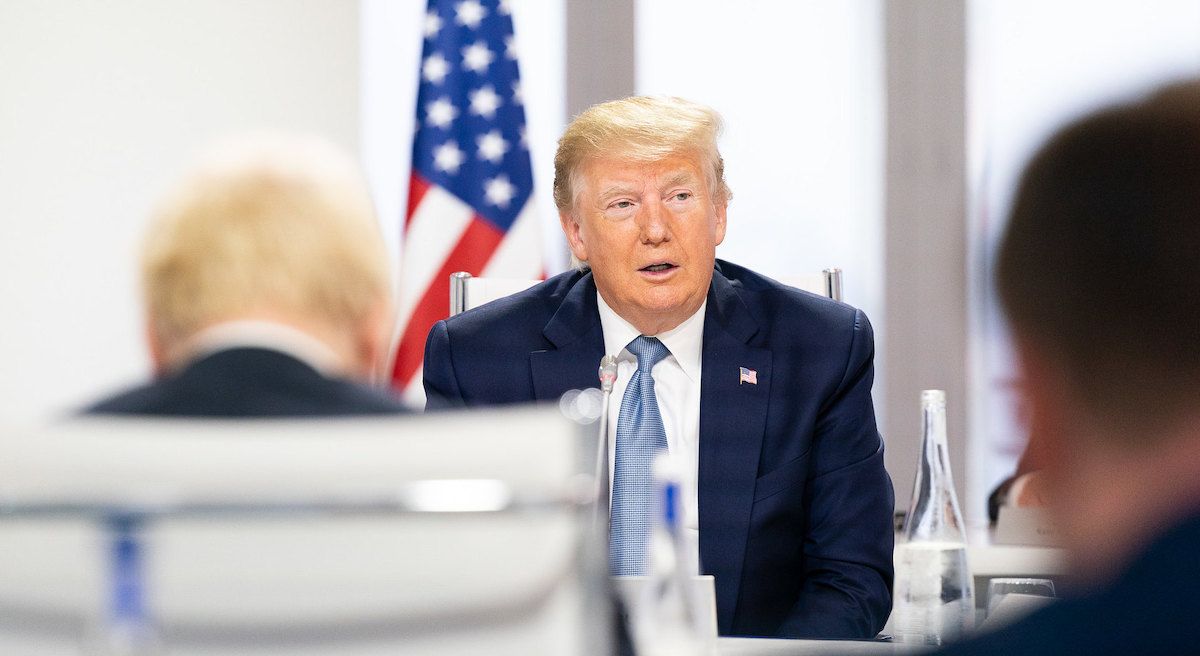Conservative economist and Independent Institute senior fellow Phillip W. Magness slammed the irony of President Donald Trump promising a Great Depression while advocating for one of the Great Depression’s chief causes.
If the courts neuter Trump’s unilateral tariffs on U.S. trading partners, the president is already considering an alternative method to keep the tariffs underway.
“One alternative the administration apparently is considering turning to is the discredited and effectively repealed Smoot-Hawley Tariff Act, which turned an economic downturn into a decade-long catastrophe,” said Magness.
Magness said Treasury Secretary Scott Bessent admitted Trump’s ‘Plan B’ involves resurrecting his tariff agenda with an obscure clause of this 95-year-old law known as Section 338.
“Section 338 did not work as intended, as Smoot-Hawley triggered a catastrophic global trade war that brought international commerce to a halt, destroyed the U.S. export market, and thrust us deeper into the Great Depression,” said Magness.”
The stock market collapsed in 1929, heralding the beginning of the depression. But Magness said it became “Great” thanks to three “interventionist” blunders, one of which included the protectionist Smoot-Hawley Tariff Act of 1930, designed as a relief measure intended to “insulate American producers from turmoil on international markets and ‘stimulate’ them with the benefit of tariff protection.”
Instead, the Act triggered what Magness called a “lobbyist-driven free-for-all” as industries “clamored for favorable rates and special interest groups bribed their way onto the tariff schedule.”
“Our major trading partners retaliated by targeting American exports, which included the already beleaguered agricultural sector. U.S. exports dropped by 61 percent between 1930 and 1933, showing what economists had long predicted: attempts to insulate the country from foreign import competition affect the entire economy and ultimately hurt domestic industries as well,” Magness said.
Congress soon realized its error and passed the Reciprocal Trade Agreements Act, which authorized the panicking president to lowertariff rates by up to 50 percent by negotiating reciprocal concessions from other countries.
“The American economy is already slowing, warned Magness, “and our allies are deepening their commercial relationships with our enemies.”
“Until the Trump administration’s novel legal theories came along, Section 338 was long considered a dead letter — buried in shame with the rest of Smoot-Hawley’s economic legacy,” said Magness. “… One might have hoped that Smoot-Hawley’s inauspicious history would preclude the White House from turning to it, but apparently that’s not the case.”
